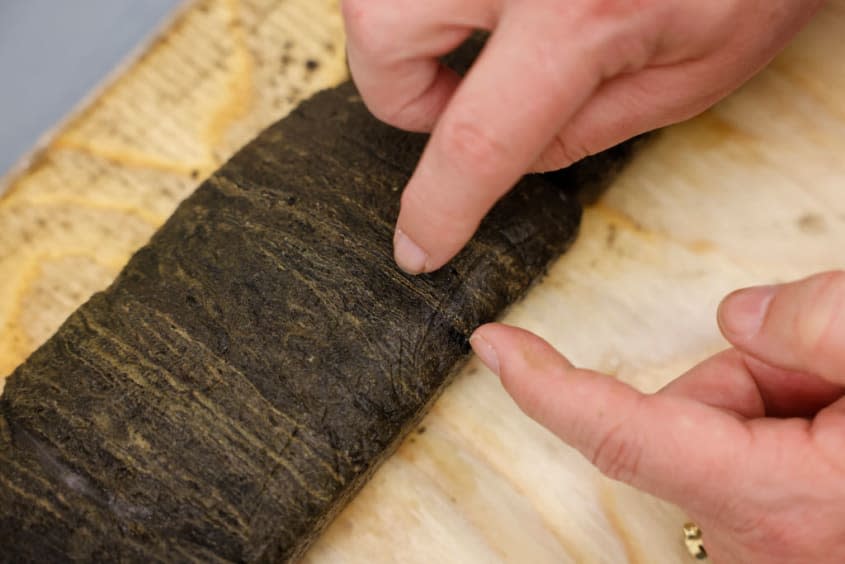Humans pushed the Earth into a new geological epoch in the 1950s, Canadian lake samples suggest

The entirety of human civilization has occurred in the Holocene geological epoch, a period of relatively stable global temperature that stretches from 11,700 years ago to today. Maybe. For more than a decade, scientists have been debating whether we have entered a new epoch, the Anthropocene, in which humans are the main driver of geological change and mass extinction.
Research at Canada's Crawford Lake may prove that humans have pushed the Earth into this new epoch, starting in about 1950, The Washington Post reported. "In just seven decades, the scientists say, humans have brought about greater changes than they did in more than seven millennia. Never in Earth's history has the world changed this much, this fast."
Stratigraphers, or geologists who focus on defining geological eras, have been looking for a site that holds concrete proof of a change in epochs — a "golden spike" — since 2009, and Crawford Lake is one of the top finalists under consideration this summer.
Crawford Lake, a small but deep pond in the Toronto suburbs, is unique in that it has a cold and calm spot at the bottom that collects geological detritus from the world outside, separated by an annual layer of white calcite deposit. This allows geologists, primarily Francine McCarthy, a professor of Earth sciences at Ontario's Brock University, to map what has been happening on the planet year by year going back centuries.
In about 1950, the Crawford core samples show a surge in radioactive plutonium from nuclear testing and sharp rises in heavy metals, fly ash from burning fossil fuels and evidence of acid rain and steadily rising temperatures. "This is when humans essentially overwhelmed the Earth as a functioning system," said Martin Head, a Brock geologist involved with the International Commission on Stratigraphy's Anthropocene Working Group.
"What we have measured, in a very objective and quantitative way, is we are living in a world with conditions that are no longer within the last 11,000 years of natural variability," McCarthy told the Post. "The Earth is, in fact, fundamentally different." But the core samples show signs of human progress, too, reflecting the end of above-ground nuclear testing, improvements in air quality, and curbing of acid rain. "It's not just a doomsday story," she added. "It is a 'wake up and smell the coffee' story. It shows we can make meaningful change." Read more about Crawford Lake and the Anthropocene Era at The Washington Post.
You may also like
5 theories for why Trump kept boxes of secret documents
Humans pushed the Earth into a new geological epoch in the 1950s, Canadian lake samples suggest

